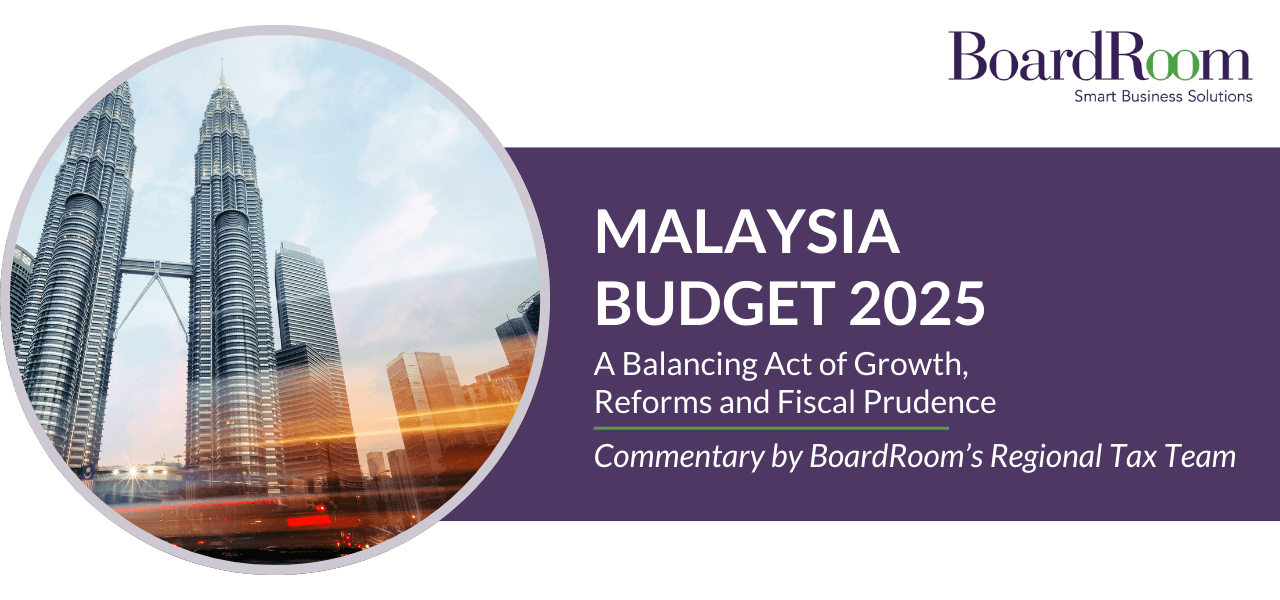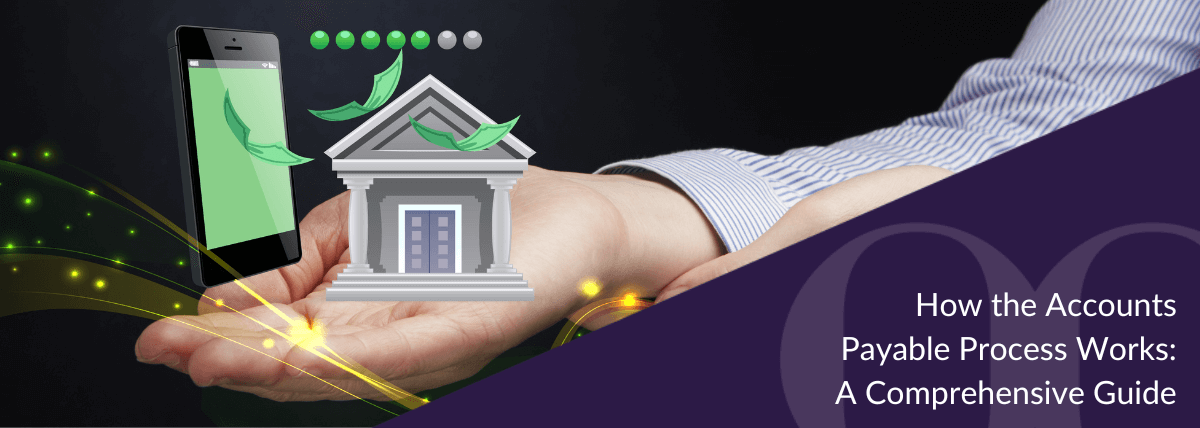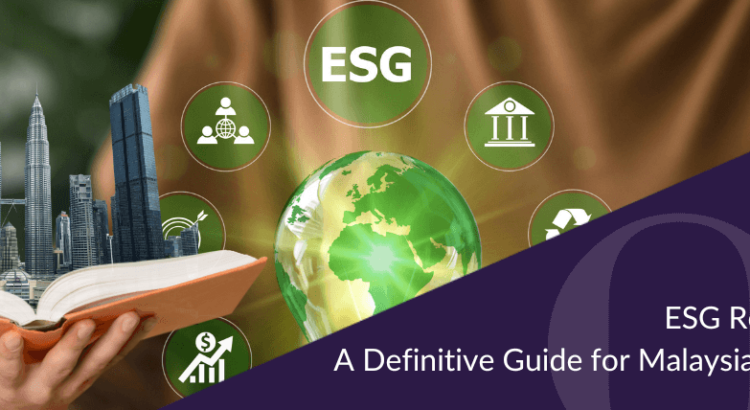ESG reporting is gaining popularity in the business world, especially in the wake of the COVID-19 pandemic and the growing awareness of environmental and social issues. But what exactly is ESG reporting, and why is it important for companies? In this blog, we will answer these questions and provide you with some practical tips on how to do ESG reporting effectively and efficiently.
What is ESG?
ESG stands for Environmental, Social, and Governance and constitutes the fundamental pillars for evaluating a company’s performance impact on the environment, society, and its governance structure.
It encapsulates a diverse array of considerations:

What is ESG Reporting?
ESG reporting is the process of disclosing and communicating the company’s ESG performance to its internal and external stakeholders. It can take various forms, such as:
- Sustainability Reporting: A comprehensive document encompassing the company’s economic, environmental, and social performance. It outlines sustainability goals, strategies, and policies.
- Integrated Reporting: A succinct report that combines financial and non-financial performance. It includes the company’s value creation model, risks, opportunities, and future outlook.
- ESG Disclosure: A specific report or section focusing on the company’s ESG performance, metrics, and initiatives. This often aligns with recognised frameworks or standards.
What is the Difference between ESG and Sustainability Reporting?
While ESG and sustainability are often used interchangeably, they are not the same. Sustainability reporting is the overarching concept that encompasses ESG reporting and covers a wider range of topics beyond ESG factors, including supply chain management, community engagement, human rights and more. On the other hand, ESG reporting is a more focused and measurable approach, assessing and reporting on topics such as carbon emissions, employee diversity, business ethics, etc. to its stakeholders.

Why is ESG Reporting Important for Companies?
ESG reporting is not only a matter of compliance or reputation but also a strategic tool that can bring many benefits to companies, including:
ESG Reporting Frameworks
There are many ESG reporting frameworks and standards available in the market, each with its own scope, methodology, and indicators.
Some of the most widely used and recognised ones are:
Global Reporting Initiative (GRI)
Used by over 10,000 organisations worldwide, GRI is a leading sustainability reporting framework. It offers universal standards and indicators covering economic, environmental, and social aspects, including sector-specific topics. GRI facilitates alignment with other standards like the SDGs, TCFD, and IRF.
Integrated Reporting Framework (IRF)
IRF promotes integrated thinking and reporting by connecting financial and non-financial performance. It provides principles guiding the content, structure, and governance of integrated reports, demonstrating how companies create value for stakeholders.
Sustainability Accounting Standards Board (SASB)
Focused on ESG disclosure for investors, SASB provides industry-specific standards and metrics, ensuring material, comparable, and decision-useful information. Covering 77 industries across 11 sectors, SASB addresses environmental, social, and governance aspects of ESG.
Task Force on Climate-Related Financial Disclosures (TCFD)
TCFD aims to enhance the disclosure and management of climate-related risks and opportunities. Offering recommendations and guidance on governance, strategy, risk management, metrics, and targets, TCFD supports companies and investors in addressing climate-related issues.
ESG Reporting Best Practices
ESG reporting can be a complex and challenging process, but it can also be a rewarding and beneficial one.
Here are some best practices that can help you do ESG reporting effectively and efficiently:
Is ESG Reporting Mandatory?
In Malaysia, ESG reporting has been made mandatory for all public listed companies since 2016. The Malaysian government and the Securities Commission Malaysia (SC) promote ESG reporting through initiatives like:
- The Malaysian Code on Corporate Governance (MCCG): This code outlines corporate governance principles for Malaysian companies, including a section on sustainability. It mandates the disclosure of sustainability policies, practices, and performance in annual reports, encouraging an integrated reporting Companies are also urged to use recognised frameworks like GRI standards.
- The Sustainable and Responsible Investment (SRI) Framework: This framework aims to boost the SRI ecosystem in Malaysia. Providing criteria and guidelines for SRI funds, SRI sukuk, SRI indices, and SRI tax incentives, it supports alignment with SDGs, TCFD, and IRF.
- The ESG Index Series: This series of indices measures the ESG performance of Malaysian companies using the FTSE4Good Bursa Malaysia Index methodology. Comprising indices like FTSE4Good Bursa Malaysia Index, it serves as a benchmark for investors and companies to assess and enhance their ESG performance.

How Can BoardRoom Help?
With over 50 years of experience in corporate services, BoardRoom stands as a leading provider in Malaysia, specialising in ESG reporting and sustainability. Whether you require advisory, software, or training, BoardRoom can assist in designing and implementing your ESG reporting strategy. Our expertise extends to aligning your ESG reporting with relevant frameworks and standards, simplifying and automating your ESG reporting process, and tracking and monitoring your ESG performance and impact.
BoardRoom equips you with the knowledge and skills needed for effective and efficient ESG reporting and sustainability reporting. As your trusted partner, BoardRoom is dedicated to supporting your journey in fostering transparency and responsibility.
Get a free 7-day trial on our ESG Access reporting software now.
Contact BoardRoom for more information:
Related Business Insights
-

28 Oct 2024
MY Budget 2025 : Key Tax Measures You Need to Know
Our exclusive Malaysia Budget 2025 Commentary delves into the intricacies of these tax measures, providing valuable …
READ MORE -

11 Oct 2024
How the Accounts Payable Process Works: A Comprehensive Guide
Learn how our outsourced services can streamline your accounts payable process to enhance efficiency, reduce costs, …
READ MORE -

26 Aug 2024
Mastering Payroll in Manufacturing Industry: Advanced Solutions for a Global Workforce
Simplify your payroll processing in manufacturing industry with BoardRoom’s real-time data processing and advance …
READ MORE


